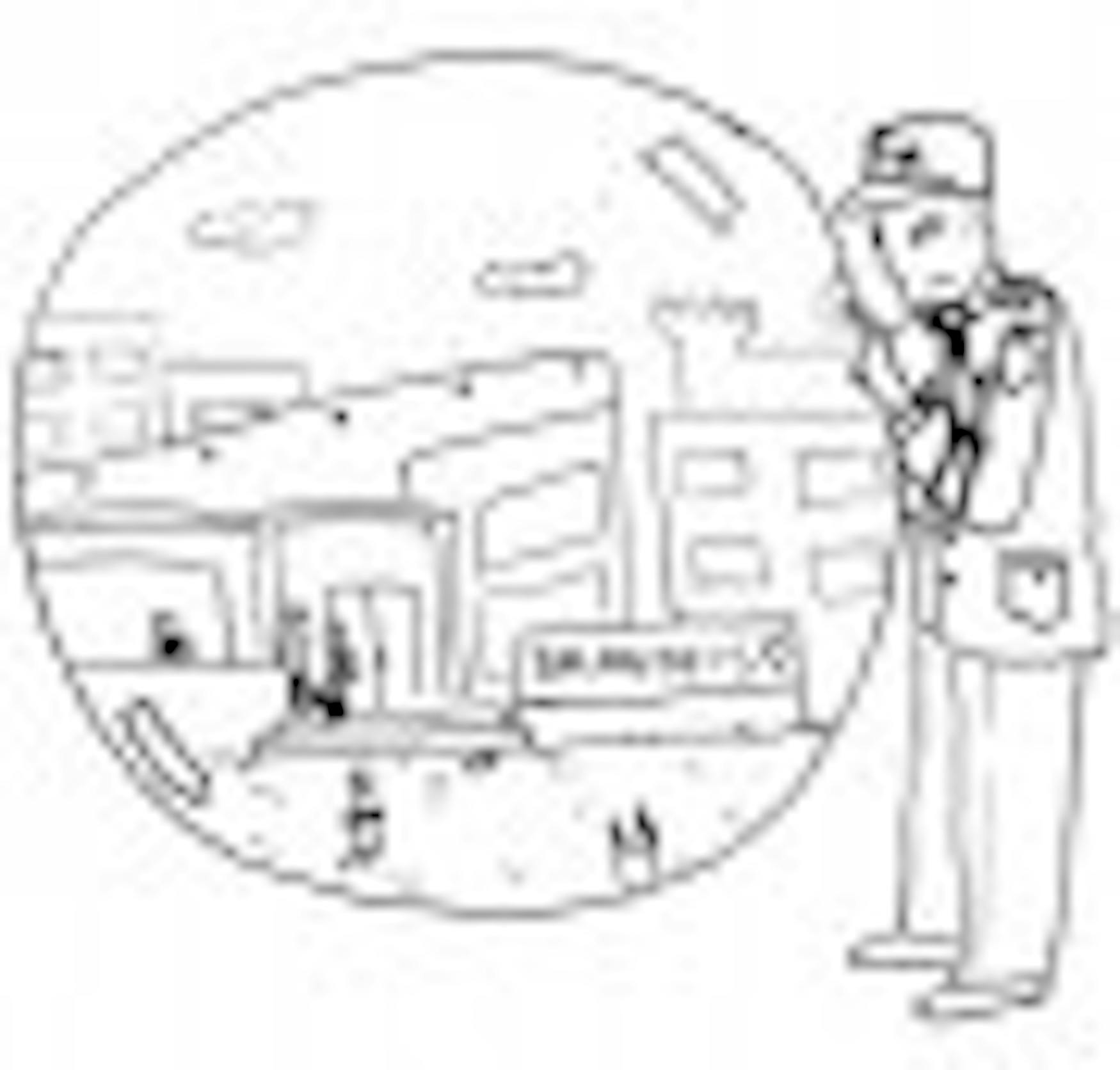Recognize ROTC on college campuses
In light of the recent repeal of the military's "don't ask, don't tell" policy, universities across the country are beginning to open their gates to a military presence. Columbia and Harvard Universities both recently reversed their policies that prevented the Reserve Officer Training Corps from recruiting and training on their campuses. Columbia and Harvard are historically trendsetters in higher education. Stanford, Yale and Brown Universities seem well on the road to following their examples, as they are also opening committees to consider the possibility of revoking their bans on the ROTC.
It is likely that other colleges and universities across the country will soon follow suit. This is a promising trend that will benefit both American universities and the national military.
Most universities' opposition to the ROTC is outdated and irrelevant in today's political climate. Many schools banned the ROTC in the 1960s in response to student protests against the Vietnam War. It was a political move that allowed students to express their dissatisfaction at the military's conduct in the war.
The bans remained even after the war ended, later justified as a response to the Clinton administration's "don't ask, don't tell" policy. Obviously, with "don't ask, don't tell" soon to be behind us, little justification remains to keep the military away from American colleges.
Official recognition of the ROTC on college campuses is especially beneficial to students at liberal arts institutions. Brandeis already hosts an active ROTC program on campus and sends several students to train at Boston University during the semester in addition to maintaining their standard academic schedule on campus. Many universities do not have the same type of relationship with the military, though, and choose to limit their students' exposure to the military by banning the ROTC. It is time for American colleges to reverse these bans and welcome the organization onto their campuses.
The tension between universities and the military seems especially strange considering the similarities of their goals. Many colleges emphasize their connection to their local and wider communities. Numerous college students are passionate about service work, as evidenced by the popularity of organizations like Teach for America, and service organizations are some of the most popular organizations on college campuses.
But why stop at volunteering at a homeless shelter or building a house for a needy family? Universities that encourage community service should also support the ROTC as a service-oriented organization, as they should encourage students to be active in their communities in a variety of ways. Given the open-minded and diverse nature of universities, it only fits that the military should be represented on campus. Moreover, students can learn much from interacting with the ROTC at their schools. It would give us a stronger insight into our nation's military and the individuals who take part in it.
I know that I have almost no personal connection to the military. Like many students at other liberal arts colleges in the U.S., I never even considered the possibility of joining the military. High school was always a direct road to college for me, followed by graduate school or a career, and the military was essentially a foreign body. For the many students who come from a similar background, the experience of meeting ROTC cadets at college would provide a valuable insight into a facet of American life otherwise unknown to them.
In my experience as a Philosophy major, I've met my fair share of conspiracy theorists who hate the government and claim to fear anyone in uniform. The fact of the matter is that we don't live in a police state, and soldiers should not trigger these anxieties. Perhaps a stronger military presence on campus would help eradicate this paranoia.
In all seriousness, though, American college students might feel closer to their government if they had a direct connection to the military. Considering our military situation today, in which American soldiers are deployed thousands of miles from home, it would be refreshing to have a consistent reminder of our military presence in the world. It might even inspire more students to vote and help turn around the depressingly low voter turnout among young Americans.
And to be honest, I'd support almost any policy that makes college students feel less like they live in a bubble and more like they are a part of a community that extends beyond a wrought-iron gate or a loop road.



Please note All comments are eligible for publication in The Justice.